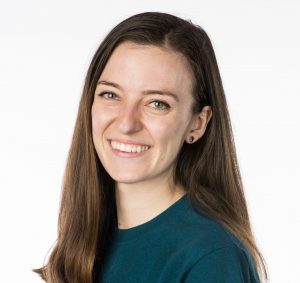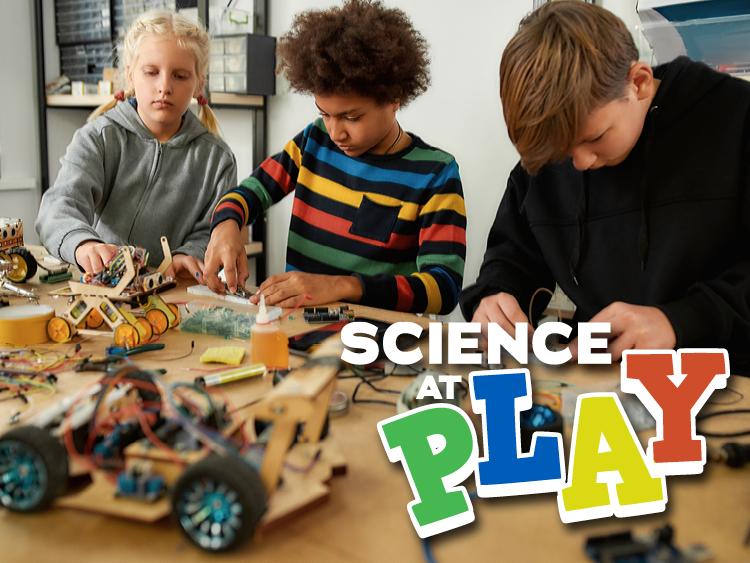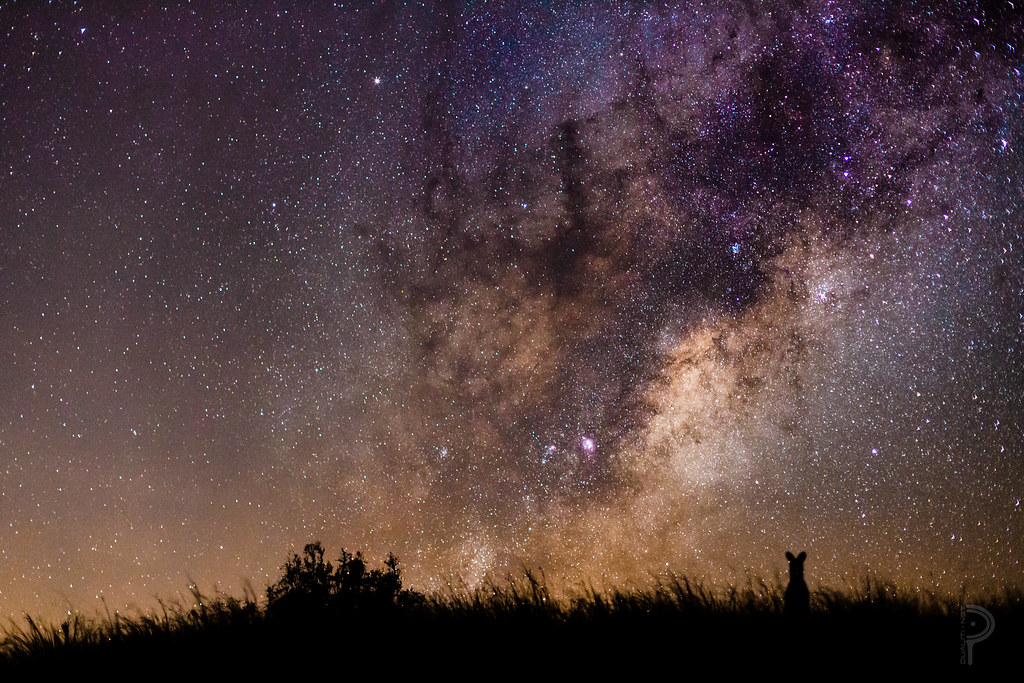During an earthquake, do you know what causes the most damage to structures? It might not be what you think. It’s not the shaking of the ground itself, it is actually this concept called liquefaction. Typically, individual pieces of sand or soil are held together with friction, but this all changes when a lot of water is added. When this happens, the soil begins to act more like a liquid than a solid. See what happens next by watching the full Science Sunday segment below.
If you want to learn even more about liquefaction and how you can try it at home, check out our blog post Science At Play: Liquefaction.
The Connecticut Science Center is now open Tuesday-Sunday 10AM-5PM. Timed tickets must be reserved online in advance of your visit. Reserve your tickets by visiting CTScienceCenter.org.

Aoife Ryle is a STEM Educator at the Connecticut Science Center. In addition to working with school groups, she works with our Teen Program, Overnights department, and shoots weekly science segments for WFSB. She has a degree in Bioengineering from the University of Maine and has a personal interest in the life sciences and engineering which makes bioengineering a perfect crossover.

Mark Dixon is a meteorologist on WFSB Channel 3 Eyewitness News and a host of the weekly Science Sunday segments with the Connecticut Science Center. He has been nominated for several Emmy awards for weather anchoring and has won awards from the Connecticut Associated Press Broadcaster’s Association and the American Meteorological society.



